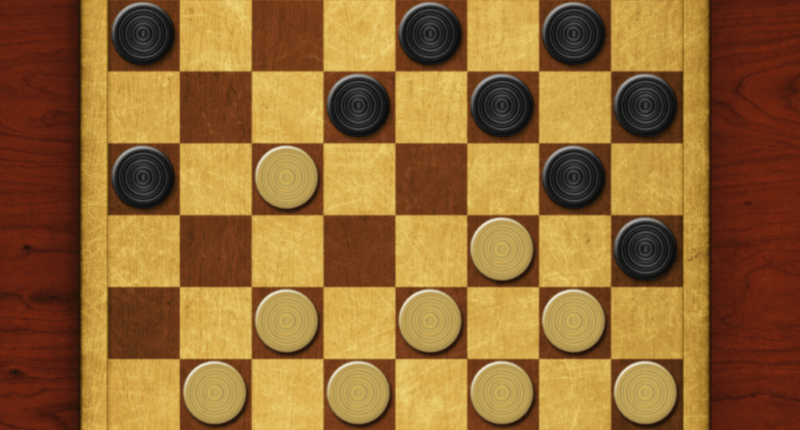What Is Checkers?

Checkers, a classic board game that has stood the test of time, holds a special place in the hearts of players and enthusiasts worldwide. With its simple rules and deep strategic possibilities, checkers has been a beloved pastime for generations. In this blog, we will delve into the rich history, rules, strategies, and its significance in the realm of games and cognitive development. From its origins to modern-day competitions, checker continues to captivate minds and provide hours of entertainment. Join us on a journey through the checkered world of checker, where every move counts and the battle for supremacy unfolds on a 64-square battlefield.
I. Historical Origins of Checker
The origins of checkers can be traced back thousands of years, with early versions of the game appearing in ancient civilizations such as Egypt and Mesopotamia. As we explore the historical evolution of checkers, we will discover how the game transformed through cultures and time periods, leading to the familiar version we know today.
II. The Rules of Checkers: Simplicity and Complexity
At its core, checker is a game of strategy played on an 8×8 square board. Players maneuver their pieces diagonally, aiming to capture their opponent’s pieces by jumping over them. In this section, we will break down the rules of checkers, explaining the different types of moves, captures, and the concept of “kinging.” While the rules may seem straightforward, the game’s complexity arises from the countless tactical possibilities that emerge as the game progresses.
III. The Strategic Landscape of Checker
Checkers might appear deceptively simple, but beneath its surface lies a vast landscape of strategic depth. From opening moves to mid-game tactics and endgame scenarios, players must navigate a labyrinth of possibilities to outmaneuver their opponents. We will explore common strategies, positional advantages, and the importance of foresight in checkers. The discussion will encompass both basic techniques for beginners and advanced maneuvers for experienced players.
IV. Cognitive Benefits of Playing Checkers
Beyond its entertainment value, checker offers numerous cognitive benefits. Studies have shown that playing strategic board games like checkers can enhance critical thinking, problem-solving skills, and memory retention. We will delve into the cognitive advantages of playing checkers, highlighting its potential to sharpen mental faculties and contribute to cognitive development, especially in children and seniors.
V. Checkers in the Digital Age: Online Platforms and AI
The digital revolution has brought checkers to virtual platforms, enabling players to engage in matches online and even challenge artificial intelligence opponents. This section will explore the transition of checkers into the digital realm, discussing the rise of online platforms, mobile apps, and AI-powered opponents. We will also examine the impact of technology on the game’s accessibility, popularity, and the unique challenges and opportunities it presents.
VI. The Thriving Competitive Scene
Checker isn’t just a casual game played for fun; it has a thriving competitive scene that spans national and international tournaments. From local club competitions to world championships, players showcase their mastery of strategy and skill on the board. We will delve into the world of checkers competitions, profiling renowned players, discussing memorable matches, and highlighting the strategies that set the champions apart.
VII. Checkers and Cultural Significance
Throughout its history, checker has transcended its status as a mere game, becoming a symbol of cultural significance in various societies. This section will explore how checker has been portrayed in literature, art, and popular culture, reflecting its enduring influence on human creativity and expression.


发表评论
Want to join the discussion?Feel free to contribute!